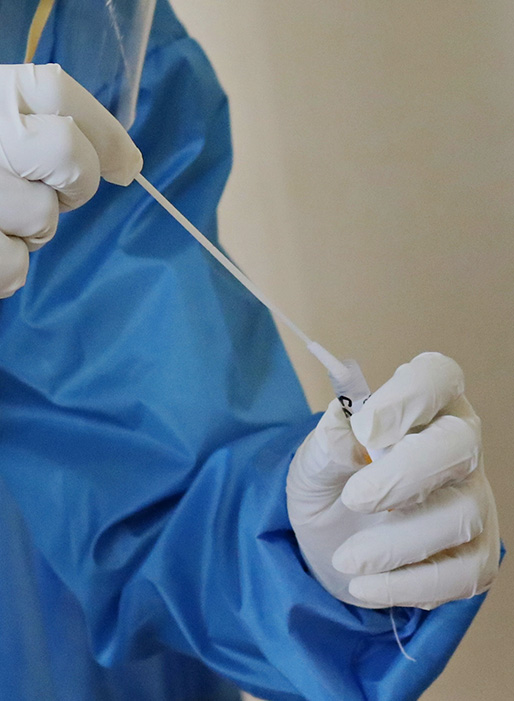Evacuations from High-Risk Locations Call +44 (0)1202 308810 or Contact Us →

Dengue Fever Outbreak in Thailand
21 May 2018
Thai health officials have reported an outbreak of dengue fever, with 10,446 cases reported between 01 January and 15 May 2018, with around 34 per cent of cases occurred in those between 10 and 24 years of age. 77 provinces have reported at least one case and a total of 15 fatalities have been reported. The highest morbidity rate has been recorded in Phuket, followed by Krabi and Nakornsrithamarat.
Key Points
- Thai health officials have announced that the number of dengue fever cases has surpassed 10,000 in 2018.
- 15 deaths have also been reported.
- 77 provinces have reported at least one case of dengue, with Phuket reporting the highest morbidity.
Situational Summary
Health: Thai health officials have reported an outbreak of dengue fever, with 10,446 cases reported between 01 January and 15 May 2018, with around 34 per cent of cases occurred in those between 10 and 24 years of age. 77 provinces have reported at least one case and a total of 15 fatalities have been reported. The highest morbidity rate has been recorded in Phuket, followed by Krabi and Nakornsrithamarat.
What is Dengue Fever?
Dengue is a viral infection spread by mosquito bites and is a leading cause of illness and death in tropical and subtropical regions. Approximately 400 million people globally are infected each year. The disease is caused by one of four related viruses (dengue 1, 2, 3, 4). The illness is most common during the rainy season when infected Aedes aegypti and Aedes albopictus female mosquitoes are prevalent. These mosquitoes prosper in areas where standing water (including puddles and open water tanks) is present and usually bite from dawn until dusk, most commonly early in the morning or evening. Lack of reliable sanitation and regular garbage collection also contribute to the spread of the mosquitoes. Dengue is not spread from person to person.
Dengue infection does not guarantee lifelong immunity from the illness. There is no specific treatment and a vaccination is only recommended by the World Health Organisation in an area where dengue is endemic. Travellers who are most at risk are generally aid workers and those on long-term assignments.
Symptoms
Symptoms begin three to 14 days after a bite from an infection and can include:
- A fever which may reach higher than 40oC
- A severe headache/migraine
- Eye, joint, and muscle pain
- Feeling or being sick and a loss of appetite
- A red rash
Symptoms are usually resolved within one to two weeks and many people may show few to no symptoms at all. However, for a small number of people, symptoms can develop into dengue haemorrhagic fever (DHF). This serious illness is characterised by internal or external bleeding. Without proper treatment, DHF can be fatal due to very low blood pressure; children are most at risk from this complication.
What Next?
The Thai Department of Disease Control (DDC) predicts that the current outbreak will continue to grow. Thailand is set to go through a period of hot and wet weather which aids mosquito breeding. The DDC has launched an education campaign to help the Thai populous to defend against mosquito breeding.
SECURITY ADVICE
HealthModerateTravellers are always advised to contact their doctor at least six weeks before travelling.
Travellers should undertake simple precautions to avoid being bitten for all locations where mosquitoes are prevalent. Measures include:
Treatment for dengue does not involve a cure. Instead, treatment involves relieving symptoms, allowing the infection to run its course. If travellers believe they have contracted dengue, they should seek immediate medical advice. In general, those who contract the illness are advised to do the following
For most travel to Thailand, Solace Global would advise clients to employ the minimum of an airport meet and greet and a locally-vetted driver for all travel. It is advisable that this level of security is increased for other areas of the country or for specific client profiles. Travellers are also advised to use travel-tracking technology with an intelligence feed. This should enable a traveller to be alerted of any security updates within their vicinity and to update others of their movements in case of an emergency.